American history is replete with famous individuals who have left an indelible mark on the country’s political, social, and cultural landscape. From the Founding Fathers to modern-day politicians, these figures have been celebrated for their leadership, innovation, and contributions to society. However, it is also important to acknowledge the darker aspects of their legacies, including their involvement in systems of oppression, exploitation, and abuse. In this context, this article highlights 15 unpleasant facts about some of America’s most famous historical figures, revealing the complex and often troubling realities behind their public personas. By examining these facts, we can gain a more nuanced understanding of American history and the individuals who have shaped it.
See also: 10 Richest Americans in the 1800s
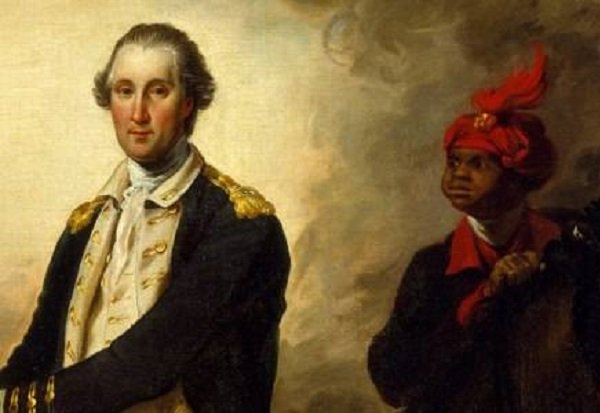
George Washington was a Slave Owner
Yes, that is correct. George Washington was a slave owner throughout his life and owned over 300 slaves at the time of his death. Although Washington expressed some reservations about slavery in private correspondence, he never took significant action to free his slaves or abolish the institution of slavery. In fact, he signed the Fugitive Slave Act of 1793, which required the return of runaway slaves to their owners and even pursued runaway slaves himself. It is important to acknowledge and grapple with the complex legacy of historical figures like George Washington, including their involvement in and perpetuation of systems of oppression such as slavery.
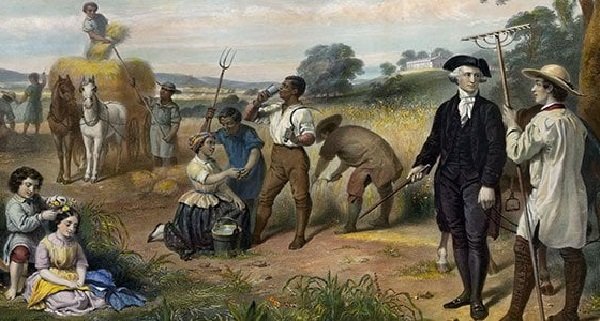
Thomas Jefferson was also a Slave Owner
Thomas Jefferson, the third President of the United States, was also a slave owner throughout his life and owned over 600 slaves at the time of his death. He also fathered several children with Sally Hemings, one of his enslaved servants. For many years, the relationship between Jefferson and Hemings was denied or ignored by historians and the general public, but recent scholarship and DNA evidence have confirmed their sexual relationship and the paternity of their children. The fact that a key figure in the fight for American independence and the author of the Declaration of Independence owned slaves and engaged in an exploitative relationship with one of them highlights the contradictions and complexities of American history and the ongoing legacy of racism and oppression in the United States.
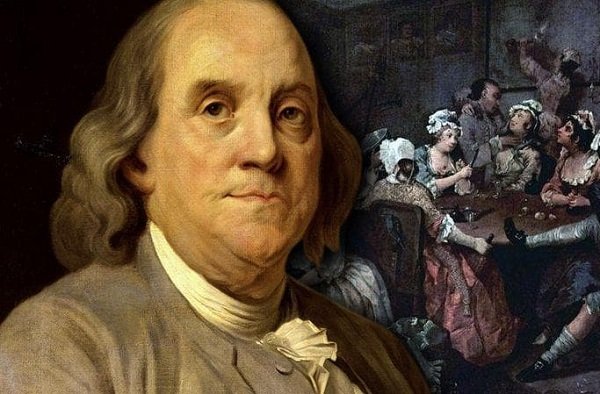
Benjamin Franklin is Known for his Extramarital Affairs
Benjamin Franklin, one of the Founding Fathers of the United States and a key figure in American history, was known for his numerous extramarital affairs and sexual escapades. He was married but had several mistresses throughout his life and even fathered an illegitimate child. While his contributions to science, diplomacy, and politics are widely recognized, his personal life and behavior toward women have been the subject of criticism and scrutiny. It is important to acknowledge the problematic aspects of historical figures and to recognize the impact of their actions on marginalized groups.
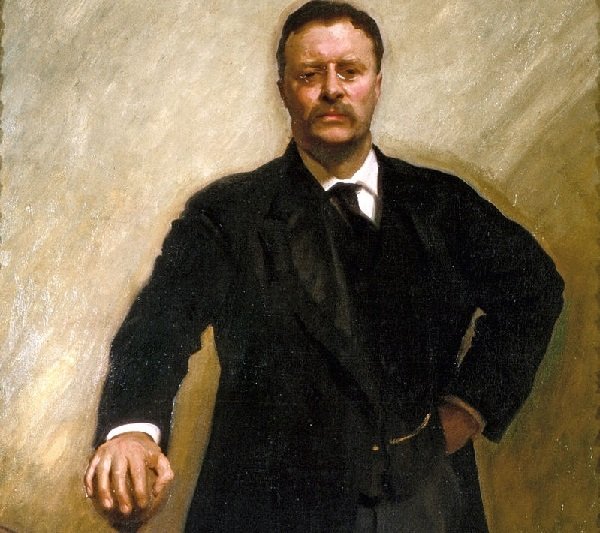
Theodore Roosevelt Believes Anglo-Saxons were Superior
Theodore Roosevelt is widely celebrated as a champion of conservation and environmentalism, he also held beliefs that are now considered racist and imperialistic. Roosevelt was a proponent of the idea of “Anglo-Saxon superiority,” which held that people of Anglo-Saxon descent were inherently superior to other races and cultures. He also believed in the idea of American exceptionalism, which held that the United States was uniquely suited to spread its values and culture around the world. These beliefs led Roosevelt to support a number of imperialistic policies, including the acquisition of overseas territories and military intervention in foreign conflicts. It is important to recognize the complex legacies of historical figures and to acknowledge both their positive contributions and their problematic beliefs and actions.
You may also like: 6 Most Notorious Female Serial Killers in the United States

John F. Kennedy Had Extramarital Affairs
John F. Kennedy, the 35th President of the United States, had a well-documented history of extramarital affairs, including with numerous women during his presidency. One of his most notorious affairs was with Inga Arvad, a Danish journalist who had previously been linked to high-ranking Nazi officials in Germany during World War II. While there is no evidence that Arvad was involved in any espionage activities or that her relationship with Kennedy compromised national security, their relationship has been the subject of scrutiny and criticism. Kennedy’s behavior towards women has been the subject of renewed scrutiny in recent years, as the #MeToo movement has prompted a re-examination of the ways in which powerful men have used their status and influence to exploit and mistreat women.

Martin Luther King Jr also Involved in Extramarital Affairs
Martin Luther King Jr., a prominent leader in the American civil rights movement, had a complicated personal life that included extramarital affairs. These affairs were not publicly known during his lifetime, but have been confirmed by historians and biographers in the years since his death. Additionally, it was discovered that portions of King’s doctoral dissertation were plagiarized, raising questions about his academic integrity. While these revelations do not diminish the significance of King’s leadership and activism in the fight for racial equality, they do complicate our understanding of his personal character and highlight the importance of critically examining the legacies of historical figures.
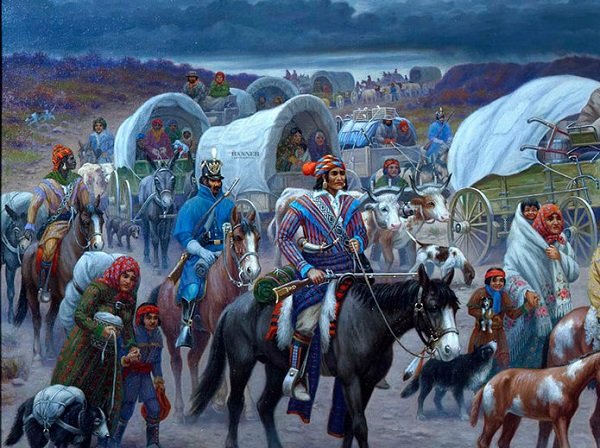
Andrew Jackson Snatched Ancestral Lands from Native Americans
Yes, that is correct. Andrew Jackson, the seventh President of the United States, is often celebrated for his role in expanding democracy and political participation in the country. However, his legacy is also marred by his role in the forced removal of Native Americans from their ancestral lands, a policy that resulted in the deaths of thousands of people. The Indian Removal Act, which was signed into law during Jackson’s presidency, authorized the forced relocation of Native American tribes from their homelands to territories west of the Mississippi River. The most infamous example of this policy was the Trail of Tears, which saw the forced relocation of thousands of Cherokee people from their homeland in the southeastern United States to present-day Oklahoma, resulting in the deaths of thousands due to disease, starvation, and exposure. While Jackson is remembered as a hero by some, his role in the displacement and genocide of Native Americans is a stain on his legacy and a reminder of the ongoing legacy of colonization and oppression in the United States.
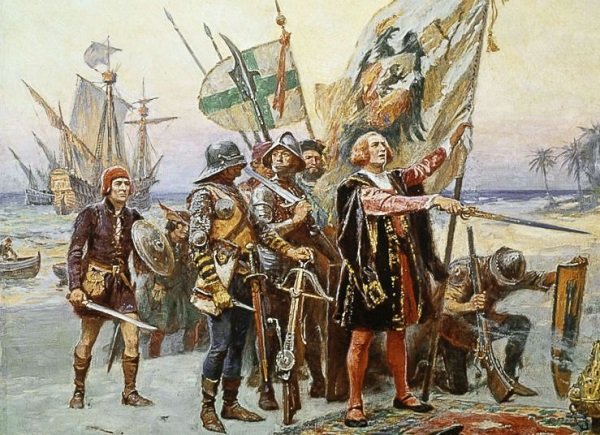
Christopher Columbus Engaged In Acts of Brutality and Genocide
Christopher Columbus, the Italian explorer who is often credited with “discovering” America, engaged in numerous acts of brutality and genocide against the Indigenous peoples he encountered during his voyages to the Americas. Upon arriving in the Caribbean in 1492, Columbus and his crew immediately began enslaving and mistreating the native Taino population, and his subsequent expeditions led to the forced conversion, displacement, and killing of thousands of Indigenous people. Columbus is also known for his role in initiating the transatlantic slave trade, as he brought enslaved Indigenous people back to Spain and sold them as property. Despite his well-documented history of violence and exploitation, Columbus is still celebrated by some as a hero and explorer, and his legacy remains the subject of ongoing debate and controversy.
See also: 15 Most Famous Native American Actresses
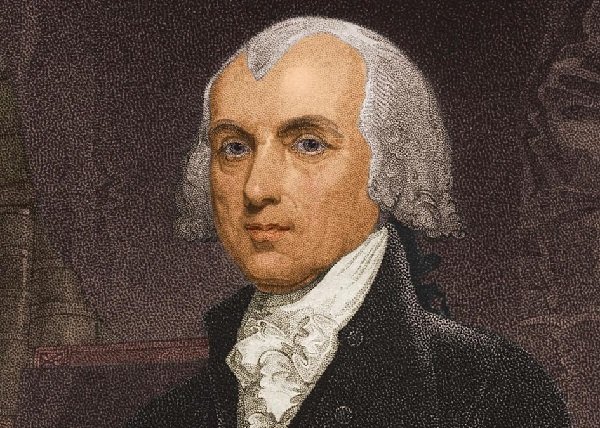
James Madison was a Slave Owner
Yes, that is correct. James Madison, one of the Founding Fathers of the United States and often referred to as the “Father of the Constitution,” was a slave owner who owned over a hundred enslaved people during his lifetime. Madison was also a staunch defender of the institution of slavery, arguing that it was a necessary evil and a fundamental component of the Southern economy. Despite being a proponent of freedom and democracy, Madison’s views on race and slavery were deeply problematic, and his legacy as a slave owner and defender of slavery remains a complicated and controversial part of American history.
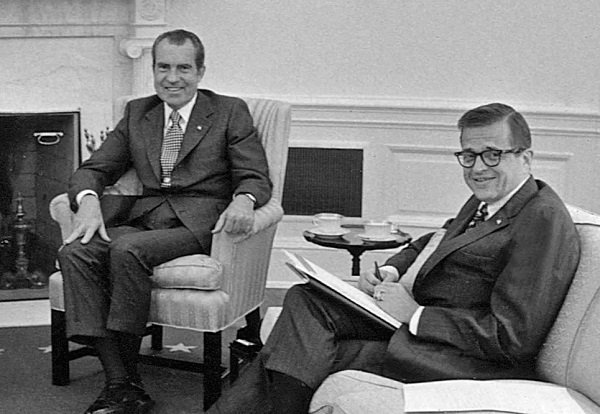
Richard Nixon Engaged In Acts of Political Corruption
Richard Nixon, who served as the 37th President of the United States from 1969 to 1974, engaged in numerous acts of political corruption and authorized illegal activities, such as the break-in at the Watergate complex, in an attempt to cover up his involvement in the scandal. Nixon’s administration was also marked by other questionable activities, including the secret bombing of Cambodia and the invasion of Laos, which were conducted without the approval of Congress. Nixon’s unethical and illegal activities ultimately led to his resignation from the presidency in 1974, and his legacy remains a cautionary tale about the dangers of unchecked presidential power and political corruption.
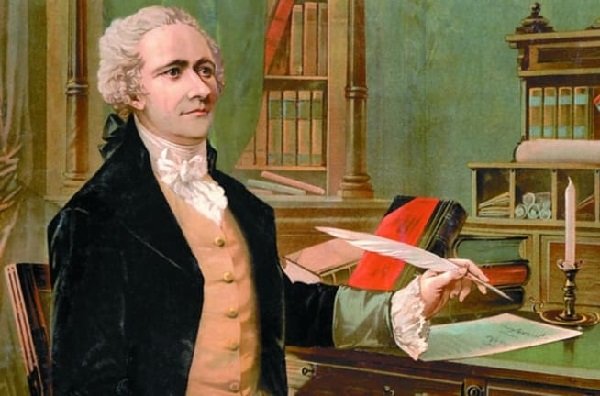
Alexander Hamilton’s Extramarital Affair
Alexander Hamilton, one of the Founding Fathers of the United States and the first Secretary of the Treasury is celebrated for his role in shaping the early American economy and establishing the country’s financial system. However, his personal life was marked by scandal, including an extramarital affair with Maria Reynolds, the wife of a man who was blackmailing him. This affair became public in 1797 and damaged Hamilton’s reputation and political standing. Additionally, Hamilton was involved in the notorious political scandal known as the “Reynolds Pamphlet,” in which he published a pamphlet detailing his affair and financial transactions with the Reynolds family in an attempt to clear his name. While Hamilton’s contributions to American history are significant, his personal life and scandals remind us that even the most celebrated figures in history are complex and flawed individuals.
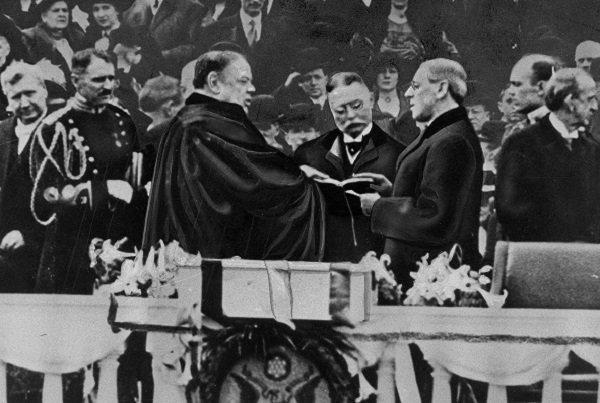
Woodrow Wilson Implemented Numerous Racist Policies
Yes, that is correct. Woodrow Wilson, who served as the 28th President of the United States from 1913 to 1921, is known for his progressive policies, including the establishment of the Federal Reserve System and the passage of the 19th Amendment, which granted women the right to vote. However, Wilson was also responsible for implementing numerous racist policies during his time in office. He segregated federal government offices and appointed segregationist officials to key positions, and he also oversaw the resegregation of the federal civil service, which had been integrated since the Reconstruction era. Wilson’s views on race were deeply problematic, and his legacy as a racist leader underscores the ongoing struggle for racial justice in the United States.
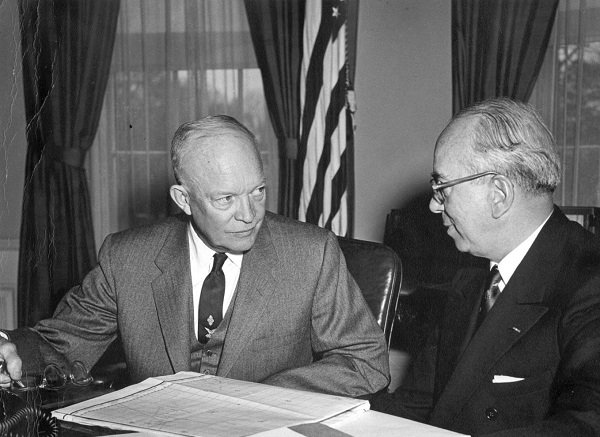
Dwight D. Eisenhower Authorized the Use of Covert Operations
Dwight D. Eisenhower, who served as the 34th President of the United States from 1953 to 1961, authorized the use of covert operations and CIA-backed coups to overthrow democratically elected governments in Iran and Guatemala. In 1953, the CIA orchestrated a coup in Iran to overthrow Prime Minister Mohammed Mossadegh, who had nationalized the country’s oil industry, and to restore the power of the Shah. Similarly, in 1954, the CIA orchestrated a coup in Guatemala to overthrow President Jacobo Arbenz, who had implemented land reforms that threatened the interests of the United Fruit Company and other American corporations operating in the country. Eisenhower’s actions in Iran and Guatemala have been widely criticized as examples of U.S. interference in the affairs of other countries and the suppression of democracy and self-determination.
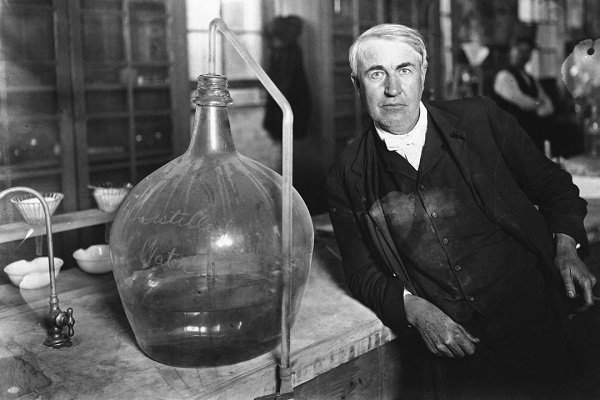
Thomas Edison Involved In Unethical Business Practices
Thomas Edison, who is often celebrated as one of America’s greatest inventors, was also known to engage in unethical business practices. He was known to steal ideas from his competitors and was involved in numerous patent disputes throughout his career. Additionally, Edison was a proponent of direct current (DC) electricity and was involved in a campaign to discredit the alternating current (AC) system, which was promoted by his rival, Nikola Tesla. As part of this campaign, Edison even electrocuted animals in public demonstrations to try to convince people that AC electricity was dangerous. Despite his contributions to science and technology, Edison’s unethical behavior underscores the importance of ethical standards and fair competition in the pursuit of innovation.
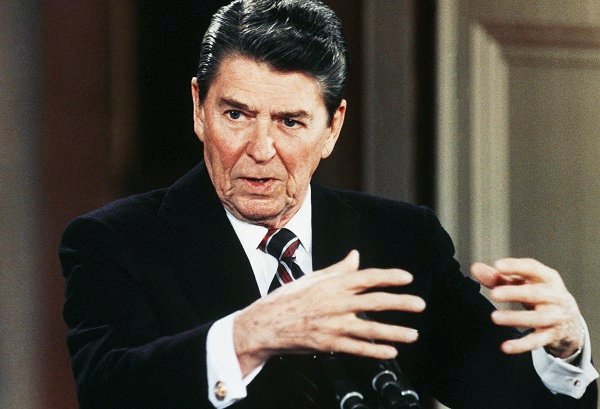
Ronald Reagan Oversaw Numerous Human Rights Cases of Abuse
Ronald Reagan, who served as the 40th President of the United States from 1981 to 1989, oversaw numerous human rights cases of abuse during his tenure. In Central America, Reagan authorized the arming and training of right-wing death squads in countries such as El Salvador and Guatemala, which committed numerous atrocities against civilians. The Reagan administration’s support for these regimes has been linked to tens of thousands of deaths, disappearances, and human rights abuses. Additionally, Reagan’s “War on Drugs” led to the incarceration of thousands of Black Americans, many of whom were given harsh mandatory sentences for non-violent drug offenses. The impact of these policies on communities of color has been widely criticized, and the “War on Drugs” is now viewed by many as a failed and racially discriminatory policy.
Conclusion
In conclusion, the lives of famous American figures are often held up as models of virtue and achievement, but it is important to acknowledge that they were flawed individuals who engaged in actions that were at times unethical, immoral, or even criminal. The 15 unpleasant facts discussed in this conversation represent just a small portion of the complex legacies of these individuals. It is important to remember that history is not a simple story of heroes and villains, but rather a nuanced and complicated narrative that reflects the strengths and weaknesses of human nature. By confronting the darker aspects of American history and acknowledging the flaws of even our most celebrated figures, we can work towards a more honest and complete understanding of the past, and hopefully, create a more just and equitable future.
